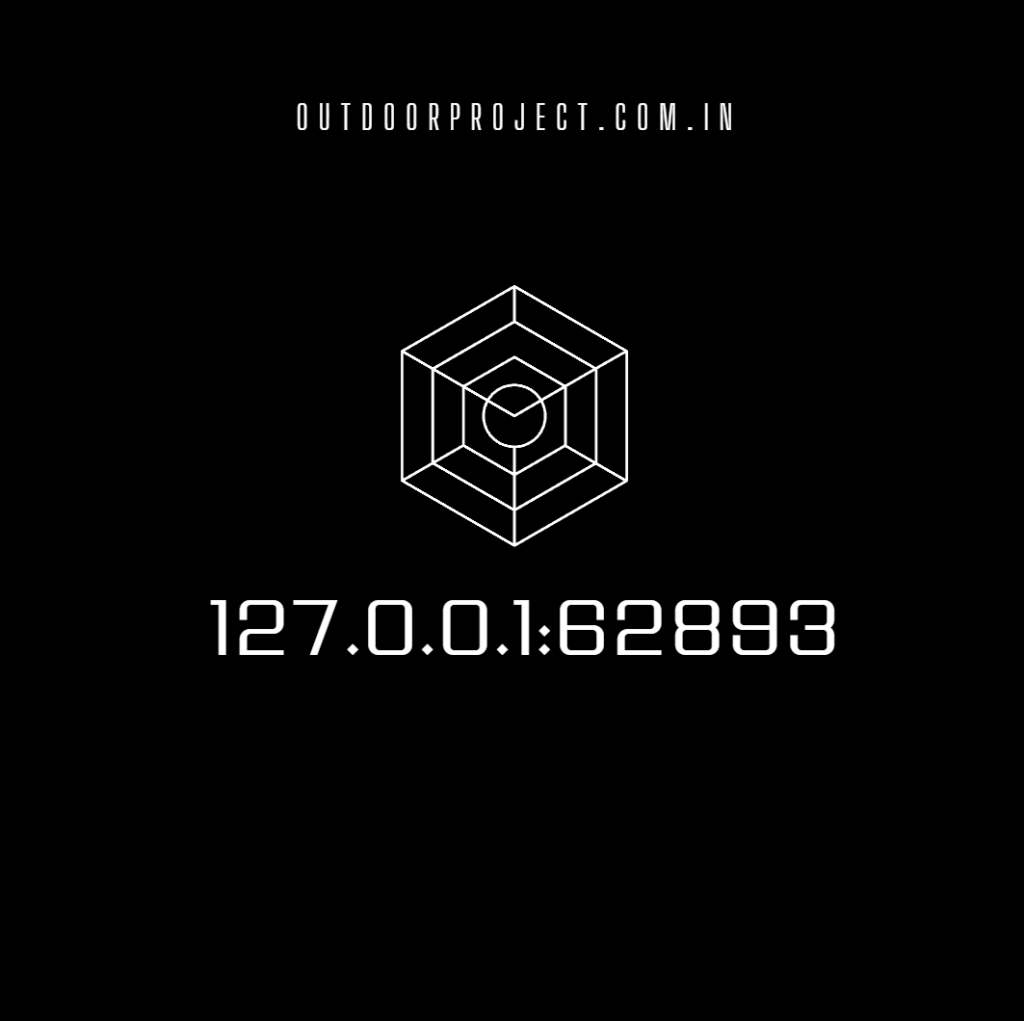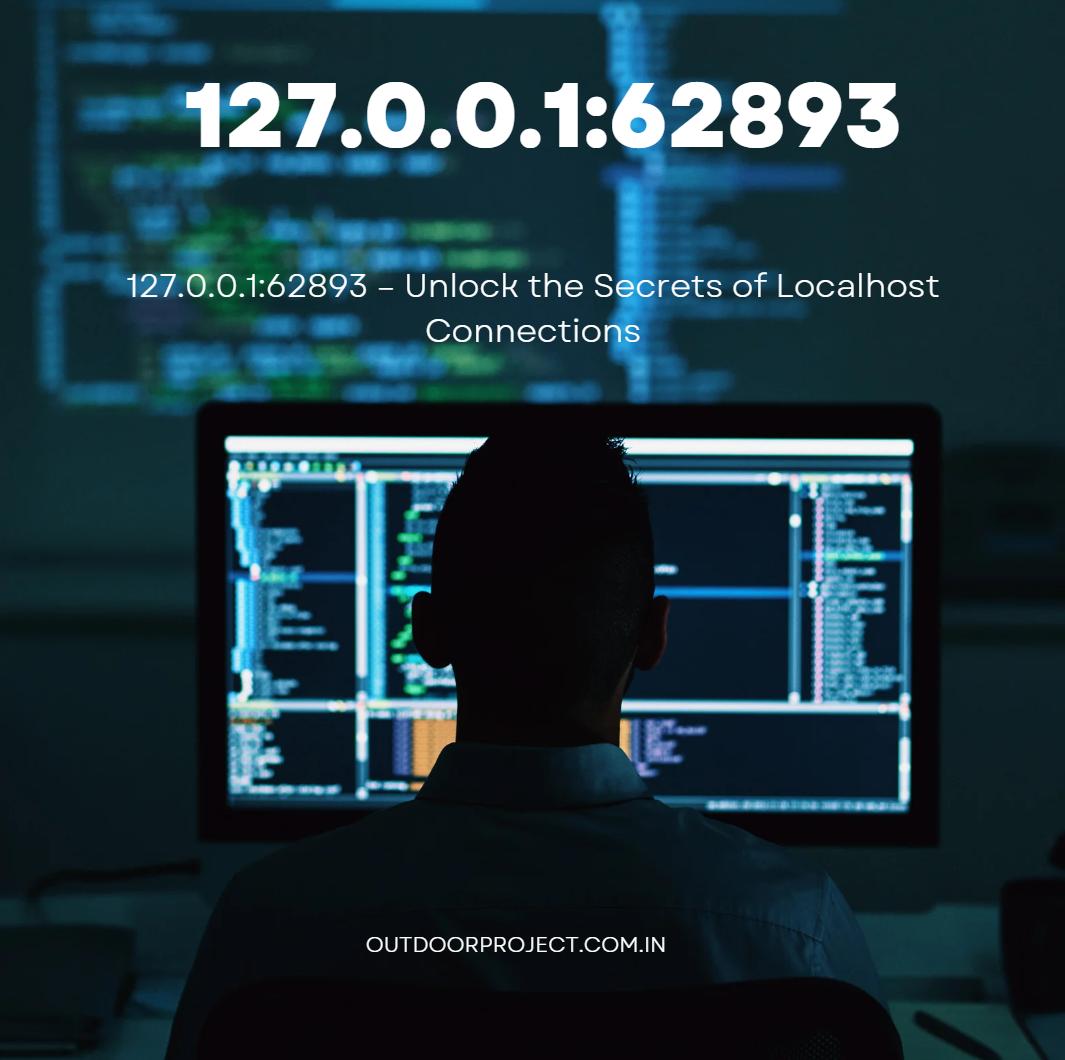When it comes to networking and internet connections, the term 127.0.0.1:62893 may sound complicated. However, it’s simply a way to refer to your own computer or device. Think of it as the digital equivalent of saying, “I’m talking to myself.” In this article, we will dive deep into what 127.0.0.1:62893 means, its purpose, and how it functions. Whether you’re curious or just stumbled upon this while troubleshooting, this guide is here to clarify everything.
Table of Contents
What is 127.0.0.1?
The number 127.0.0.1 is an IP address that represents your local machine. In simpler terms, it’s like a mirror; when you type 127.0.0.1 into your browser, you’re essentially telling your computer to look at itself. This address is commonly referred to as “localhost” and is mainly used for testing and troubleshooting purposes.
What Does Port 62893 Mean?
Every time you connect to a service on a network, you use a specific port number. Think of it like dialing an extension number after calling a company. In this case, 62893 is a port number, which acts as a doorway through which data enters or leaves your computer. When combined, 127.0.0.1:62893 points to a specific service running on your own machine.

The Role of Localhost in Networking
Localhost is a fundamental part of networking, allowing developers and IT professionals to test applications without using an external server. It’s like setting up a mini-lab at home before presenting your project in the real world. You can simulate how your applications will behave when deployed on an actual server.
Common Uses of 127.0.0.1:62893
The combination of 127.0.0.1:62893 is often used in development and testing environments. It helps developers ensure that their applications are working correctly before making them accessible on the internet. This is particularly useful for debugging software, setting up databases, and running internal websites.
How to Access 127.0.0.1:62893
Accessing 127.0.0.1:62893 is straightforward. Open your web browser and type the address into the URL bar. If a service is running on your machine at that port, you’ll see a response, such as a website or a message confirming that the connection is successful.
Security Aspects of 127.0.0.1
Since 127.0.0.1 is confined to your local machine, it’s generally safe from external threats. However, if you run insecure services on this address, you could be at risk if malicious software gains access to your computer. Always ensure that any service you run on localhost is secure and up-to-date.
How to Troubleshoot Connection Issues
Sometimes, you might not be able to access 127.0.0.1:62893. This could be due to various reasons like firewall settings, software conflicts, or the service not running. To troubleshoot, check if the service is active, disable your firewall temporarily, or try accessing the address from a different browser or device.
127.0.0.1 in Different Operating Systems
While 127.0.0.1 works universally across different operating systems like Windows, macOS, and Linux, the way you manage services and ports can vary. For instance, on Windows, you may use Command Prompt to start services, while on Linux, you might rely on Terminal commands.
Misconceptions About Localhost
Many people think that localhost is a real server or a special place on the internet. In reality, it’s just a reference to your own device. It’s a convenient way to test applications, but it doesn’t have any magical properties. Understanding this can clear up confusion when troubleshooting or setting up services.
How Developers Use 127.0.0.1:62893
For developers, 127.0.0.1:62893 is like a sandbox. It allows them to test new code, set up databases, and experiment with web applications safely. By using this local address, they can avoid affecting live websites or services, making the development process smoother and more efficient.
Conclusion
Understanding 127.0.0.1:62893 may seem daunting at first, but it’s essentially a way to interact with your own machine. Whether you’re a developer or just curious, knowing how localhost works can open up a world of possibilities for testing and troubleshooting. By using this address, you can safely experiment and learn without impacting your live environment.


Leave a Reply